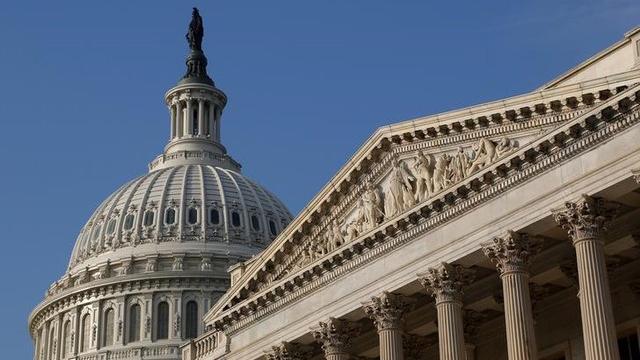Medicare Advantage insurers may get 'billions' in overpayments, study shows
The U.S. government could be significantly overpaying insurers that provide Medicare coverage to older Americans.
Medicare Advantage plans are offered by private insurers – who were approved by Medicare – and include bundled Part A, B and sometimes D coverage. Insurers that provide these plans receive payments from Medicare to cover costs. Payments are based on Medicare spending for similar beneficiaries – which could be resulting in these plans being meaningfully overpaid.
A new study by the Kaiser Family Foundation found that Medicare beneficiaries who enroll in a Medicare Advantage plan spend less and use fewer services before they make the switch when compared to those that remain in Medicare.
People who switched to a Medicare Advantage plan in between 2015 and 2016 spent $1,253 less than those who did not switch. That trend continued across elderly patients with the same health conditions.
Over the course of a decade, researchers conclude, overpayments to Medicare Advantage could enter the billions.
“To illustrate, if the difference in average Medicare spending ($1,253) applied to just 10 percent of all Medicare Advantage enrollees in 2016, or 1.8 million enrollees, it would amount to more than $2 billion in excess spending in one year alone,” researchers wrote.
Profits from the program had previously been attributed to its characteristics, like care management, and not the fact that it could be benefiting from favorable selection among older Americans. New findings, researchers say, raises questions about whether – and by how much – these plans actually lower spending.
The Centers for Medicare and Medicaid Services said payments to insurers offering the plans was about $233 billion last year, not including Part D drug payments. Spending is projected to reach $250 billion in 2019.
About 33 percent of all Medicare beneficiaries are enrolled in a Medicare Advantage plan, according to the program. That’s more than 20 million individuals – a number that is expected to grow.
The report concludes that payments could be adjusted to reflect the services enrollees used prior to switching into the plans – in an effort to make those payments to the plans more accurate.
CLICK HERE TO GET THE FOX BUSINESS APP
Medicare alone accounted for 15 percent of government spending in fiscal 2016, according to data from the Pew Research Center. Other health programs made up 13 percent.
Meanwhile, funds for Part A are expected to be depleted in 2026, at which time the program would not be able to pay out full benefits.




















